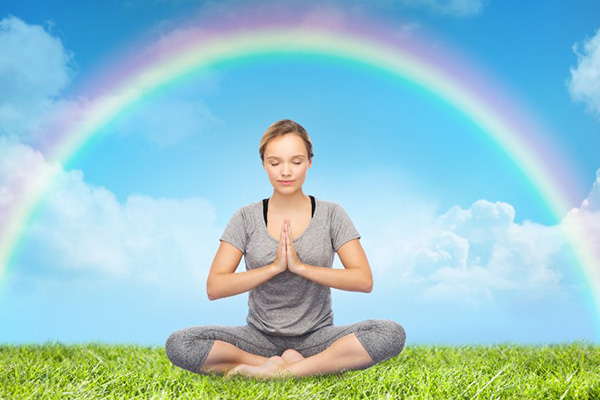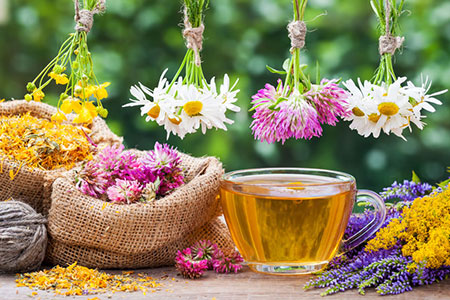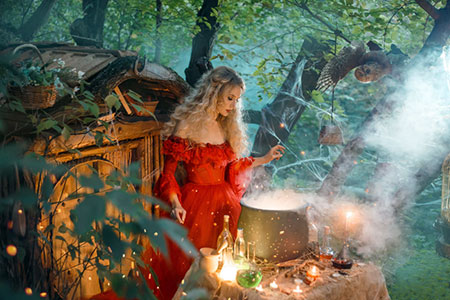tincture
Practical Ways To Cleanse And Protect Your Energy
 We often blame other people or circumstances for feeling tired, burdened, overwhelmed, or depressed, while in truth it is due to our own choices and actions.
We often blame other people or circumstances for feeling tired, burdened, overwhelmed, or depressed, while in truth it is due to our own choices and actions.
When we do not take care to maintain a raised energy vibration, lower or ‘dense’ energies begin to affect us in a negative way. It typically manifests as general physical and emotional exhaustion, or feeling drained. There may also be recurring episodes of ‘bad luck.’
How do we cause this lowered energy frequency? The main cause is negative thoughts and limiting, false beliefs. Our daily reality experience is the result of our thoughts and beliefs. We are personally responsible for the vibes we exchange with our surroundings and the rest of the world.
No matter what belief system or religion you subscribe to, energy protection is always necessary. Every day we are exposed to etheric energies imbued with despair, conflict, hatred, and anger, but nothing can get into our energy field if we do not allow it to enter. So, always protect yourself and shield your energy.
True spiritual protection and energy shielding is however never about fear, insecurity, or paranoia, nor is it about focusing on the negative. On the contrary, it is a way to keep our lives open to the blessings available to us every day. By protecting our energy, we make sure that we are open to every good thing that moves around us and to every soul that wants to vibrate in a key of joy with us.
There are many spiritual and metaphysical practices for achieving and maintaining energetic security and a raised vibration, such as prayer, meditation, visualization, cleansing rituals, and invoking guides, saints, or a particular deity. The following practices are also useful to incorporate in your everyday lifestyle.
The Healing Power Of Herbs
 Herbs have a potent healing power that can help us in every area of our life. For every dis-ease or ailment there is usually an herb specifically designed to cure it.
Herbs have a potent healing power that can help us in every area of our life. For every dis-ease or ailment there is usually an herb specifically designed to cure it.
I was originally drawn to the study of herbalism years ago, in search of ways to improve my own health and well-being. After many years of my own research, I decided to take a course to become certified as a master clinical herbalist, which included studying the energetics of herbs and not just their medicinal uses.
There are thousands of herbs on the planet, however only around 600 are more widely used and generally recognized. Just like people, herbs have their own personalities and unique energies.
For example, a skinny person with dry skin and tendency towards lower body temperatures can be placed into a category of ‘cool-dry.’ They would be more susceptible to certain conditions both from the weather and climate they’re live in, as well as their core body temperature and mental-emotional state.
This type of individual might need some warming and lubricating herbs that will get their circulation going and energy flowing. Cardamom and Turmeric provide such warming qualities, while Licorice Root and Marshmallow are helpful to lubricate or provide moisture for someone who has very dry skin.
Herbal teas are one of my favorite methods for ingesting herbs for medicinal use. The other is tinctures.
For herbal teas, I have found maximum benefit by drawing the medicinal constituents out of the herb through herbal infusions and decoctions. Infusions are made from the flower or leaf of an herb, and typically involves boiling water and then turning off the burner, before adding your herbs into the water to steep for at least four hours. Personally, I like to leave them overnight in the water. For proportions, some herbal compendiums use ratios like 1:3, or parts, like one serving of herbs to three parts water.
